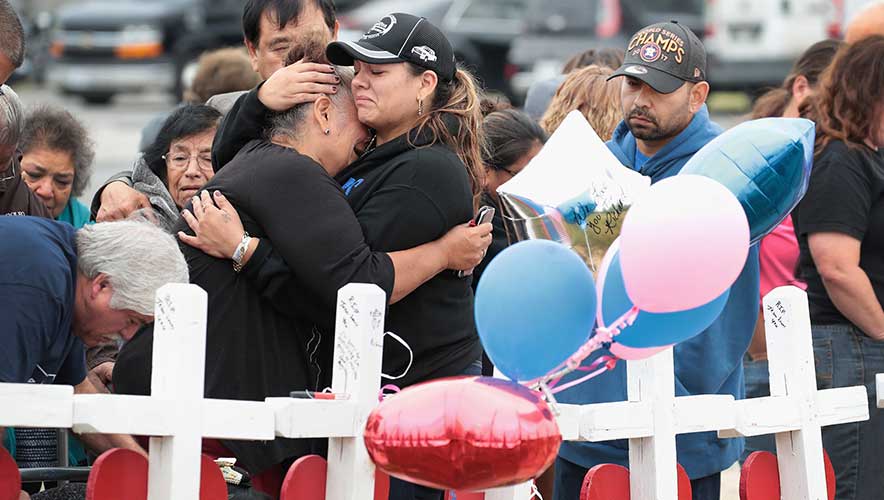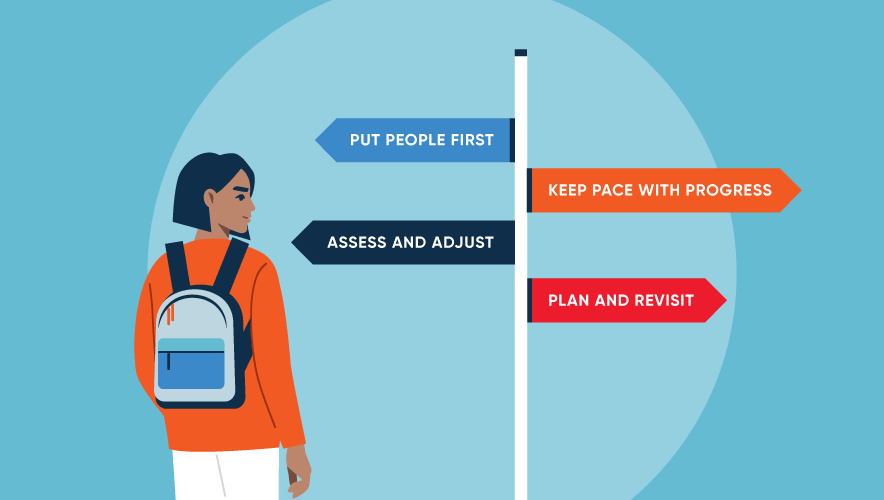DOJ Reaches Tentative $144M Settlement With Texas Church Shooting Victims
The U.S. Department of Justice (DOJ) announced a tentative settlement agreement with the families and victims of the 5 November 2017 mass shooting at a church in Sutherland Springs, Texas.
The settlement is for a total of $144 million and is still subject to court approvals. The amount is less than the $230 million that a February 2022 ruling ordered the government to pay families and victims, which the DOJ appealed.
The proposed settlement would bring to a close a lawsuit that was filed in 2018 by more than 75 plaintiffs linked to the shooting, which was carried out by Devin Patrick Kelley, 26. The plaintiffs alleged that the Air Force was negligent in failing to submit information about Kelley to the FBI’s National Instant Criminal Background Check System (NICS).
The official death toll was recorded as 26 because one of the victims killed was pregnant. The incident ranks as the deadliest mass shooting in the state’s history. Another 22 people were injured in the attack, according to the DOJ.
Kelley was discharged from the Air Force in 2014 for bad conduct. The dismissal was the result of a domestic dispute, during which he assaulted his then-wife and stepson. Kelley cracked his stepson’s skull during the assault.
In July 2021, U.S. District Judge Xavier Rodriguez determined that the U.S. Air Force was “60 percent responsible” for the shooting, due to its failure to submit Kelley’s felony assault conviction to the FBI database. If it had been submitted in a timely fashion, it could have prevented him from buying firearms from a licensed dealer—a factor the Air Force has publicly acknowledged.
But despite his criminal background, Kelley purchased four firearms—including a Ruger AR-556 rifle. He brought three of the guns with him to the First Baptist Church of Sutherland Springs, and he used them during the attack.
“The DOJ’s appeal of the [February 2022] ruling was roundly criticized by gun control advocates and survivors of the attack who accused the Biden administration of undermining its own positions on the importance of the national background checks systems,” ABC News reported.
In late 2022, several gun-control advocacy groups urged the DOJ to reconsider appealing the earlier ruling, warning that it would damage “the ‘integrity’ of existing gun laws, including the nation’s background check system, and delay justice” for the Sutherland Springs victims, according to The Washington Post.
During court proceedings, however, lawyers for the government insisted that even if the Air Force had submitted information on Kelley’s criminal background to NICS, “he would have found another way to acquire a gun to commit the same act,” according to NBC News.
Kelley died from an apparent self-inflicted gunshot wound after he was shot and pursued by two men who heard gunfire at the church, according to the AP.












